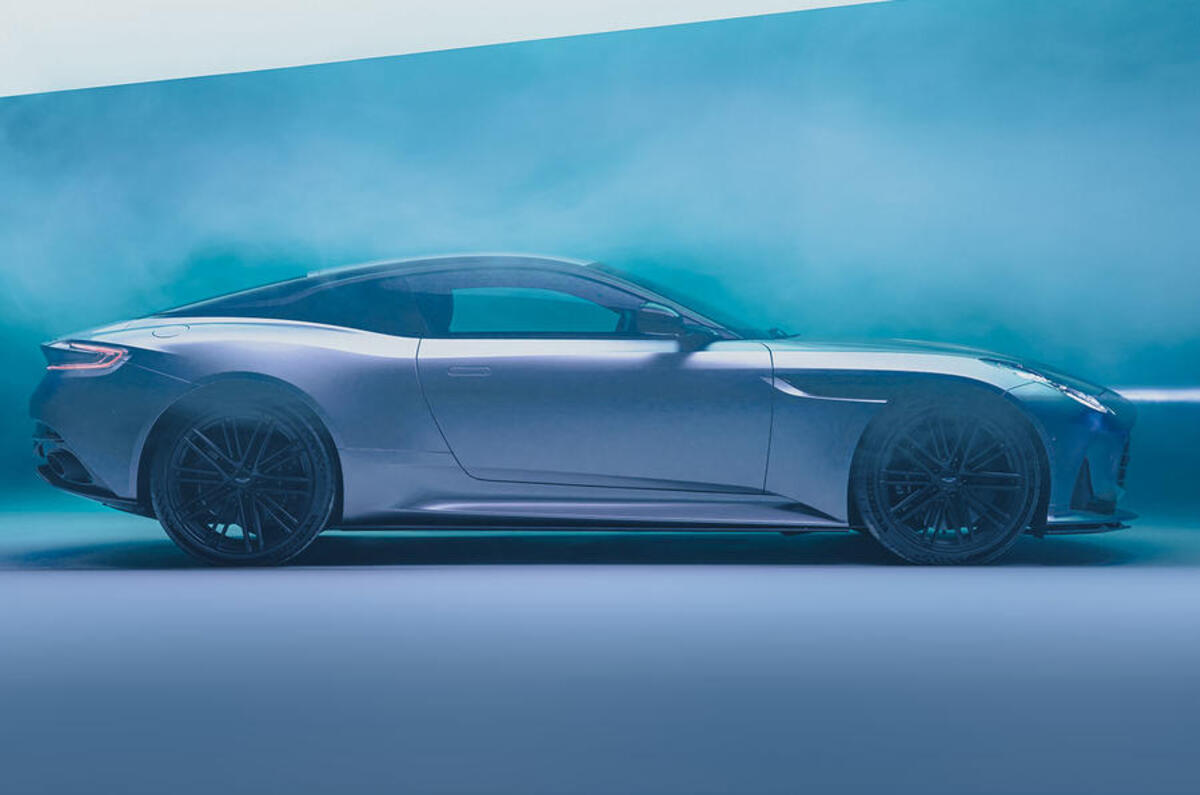Shares in Aston Martin surged 6% this morning on the news that the British sports car firm comfortably surpassed investor expectations in the first half of 2023.
The company's latest financial report reveals that it boosted revenues by 25% year-on-year in the first half of 2023, accompanied by a 38% hike in pre-tax earnings.




Add your comment